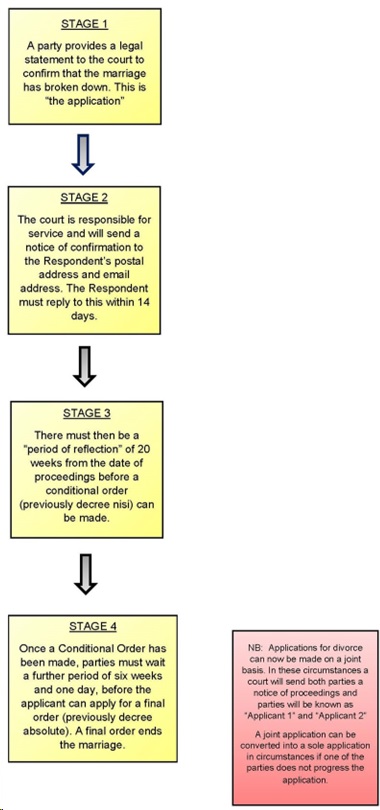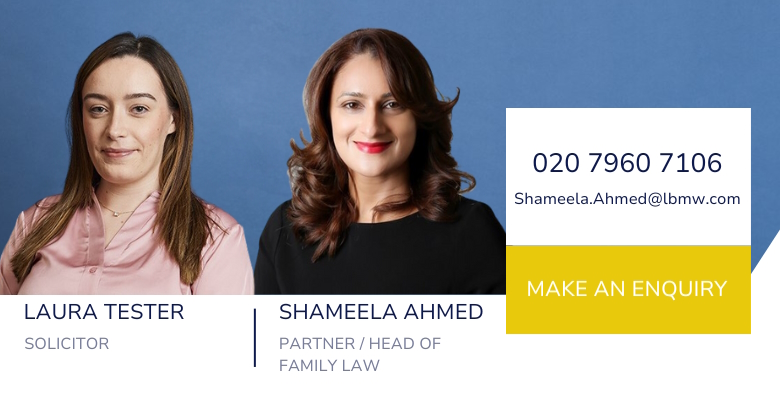Solicitors in Westminster, London
When you need to close the chapter on your marriage and apply for a Divorce
When one of you wanted one life, and the other wanted something completely different, there was a technical term for that: irreconcilable” (Anna Quindlen from her novel the Alternate Side)
We have spent much of our youth believing the idea that “love is eternal”, being fed love stories from Jane Eyre to Jerry Maguire, and often it is eternal, but sometimes, sadly it is not. As we all know, life is a journey and marriage is only one chapter of it and sometimes that chapter may include an end to your marriage. This article will explain in simple terms what a divorce may involve.
The process and time it takes to get a divorce depends on the facts of each case in the UK. It will also depend on if both parties agree to a divorce amicably or not, and whether solicitors will be involved or not. Other issues to consider include the waiting periods involved and the complexity of the case, such as if one party lives overseas etc. If you wish to have a ‘quick’ divorce in the UK, then it might be worth trying to agree as much as possible with your partner beforehand. This will enable matters to proceed smoothly which will reduce your legal costs. Generally, the average divorce can take anywhere from nine months to a year, or sooner if both parties agree.
No-fault divorce
Following recent changes to the law last year, there is no longer ‘fault divorce’. This means that you can only apply for a divorce on the grounds of irretrievable breakdown of the marriage, and there is no longer a requirement to state the reason for this.
Divorce application process
There are various stages in the divorce application process. To give you an idea of what is involved and timings, we have outlined the steps in our diagram below:

Joint application or sole application
If you and your spouse are making a joint application for a divorce, the process can be quicker, as there is no need for the other party to acknowledge service but instead your spouse will be invited to input their details. However, you will still need to wait for the cooling off period of 20 weeks to pass before the divorce can proceed to the next stage of obtaining conditional order, and a further six weeks and one day to obtain final order.
If you are the sole applicant for a divorce, the process can take longer, as the court or your solicitor will need to serve the issued divorce application on your spouse and wait for their acknowledgement of service.
Waiting periods
There are waiting periods that apply before you can apply for a conditional order. This includes the requirement to wait 20 weeks after the divorce application has been filed before you can apply for conditional order, and then six weeks and one day after which you can apply for final order.
Applying for a Conditional Order
Once the waiting periods have passed and the divorce application has been approved by the court, an application for a conditional order will be granted. This is a legally binding order that confirms that your marriage has ended but is not the final order previously known as the ‘decree absolute’.
Final Order
To obtain a final order that officially ends your marriage, you will need to wait for a period of six weeks and one day after the conditional order has been granted. There can also be delays since prudent family solicitors will advise their clients not to apply for a final order until the financial side of matters have been fully concluded. The reason for this is that divorce can affect wills, pensions and insurance policies and if final order has been granted and the party dies, then the claims will cease to exist. A final order should not be granted until all the finances mentioned below have been properly worked out and put into effect to avoid any difficulties.
Financial matters
The divorce application itself is separate from dealing with financial matters following a divorce. Dealing with financial matters can take up to a year if they are defended and proceed via the court process, or even longer due to delays in the judicial system. Sometimes parties can elect to attend Alternative Dispute Resolution outside of court, there are various methods available to include a Private FDR which is a private hearing with an appointed Judge, round table meetings or even arbitration. These alternative methods allow parties to settle matters with no or little intervention of the Court.
Children matters
If you have children, the divorce process may take longer if there are disputes about child arrangements that will need to be resolved. Note however that children matters are dealt with separately from the divorce application.
Please get in touch to speak with our experienced family law team today on 020 7960 7106 or email us at Shameela.Ahmed@lbmw.com
The contents of this article do not constitute legal advice and are provided for general information purposes only. The contents are copyright of Lee Bolton Monier-Williams LLP. All rights reserved.


